Customer Service Week/ Mission Possible – Unity Bank MD Celebrates Resilient Frontline Staff
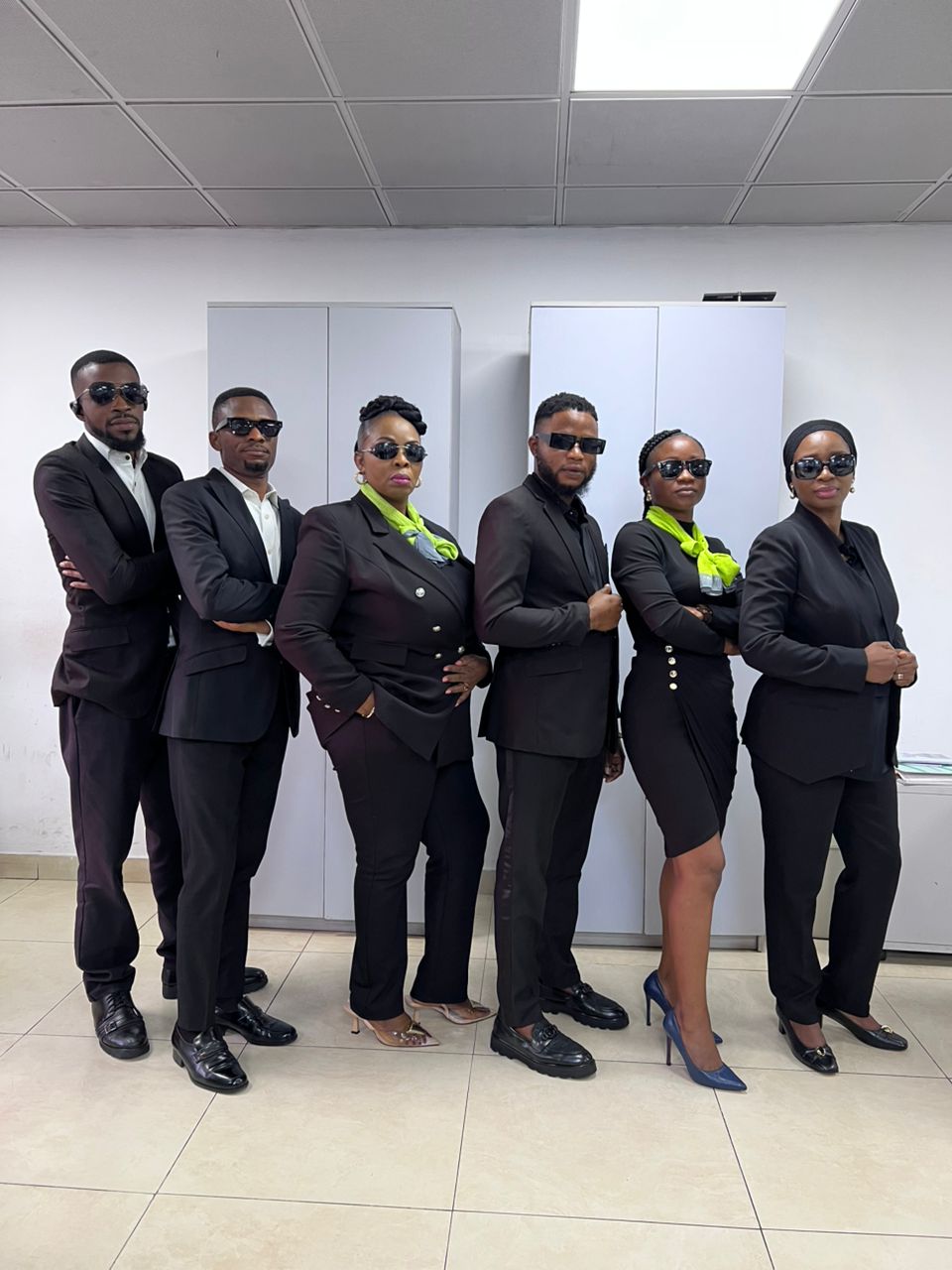
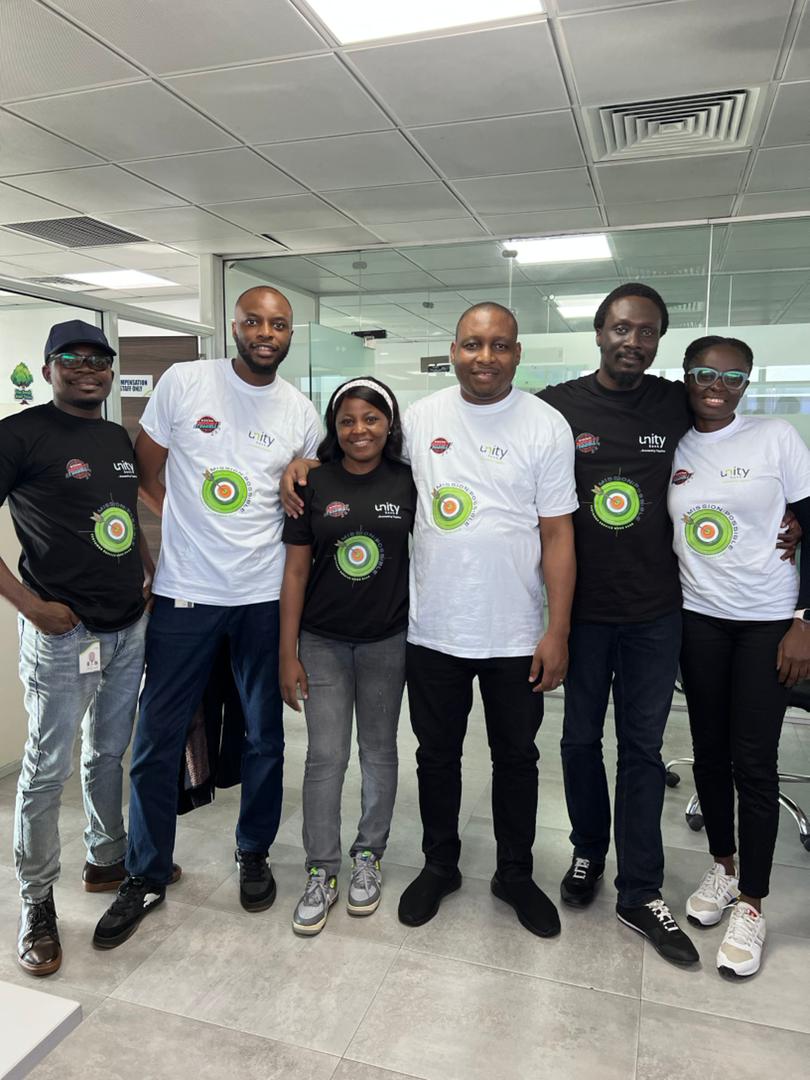
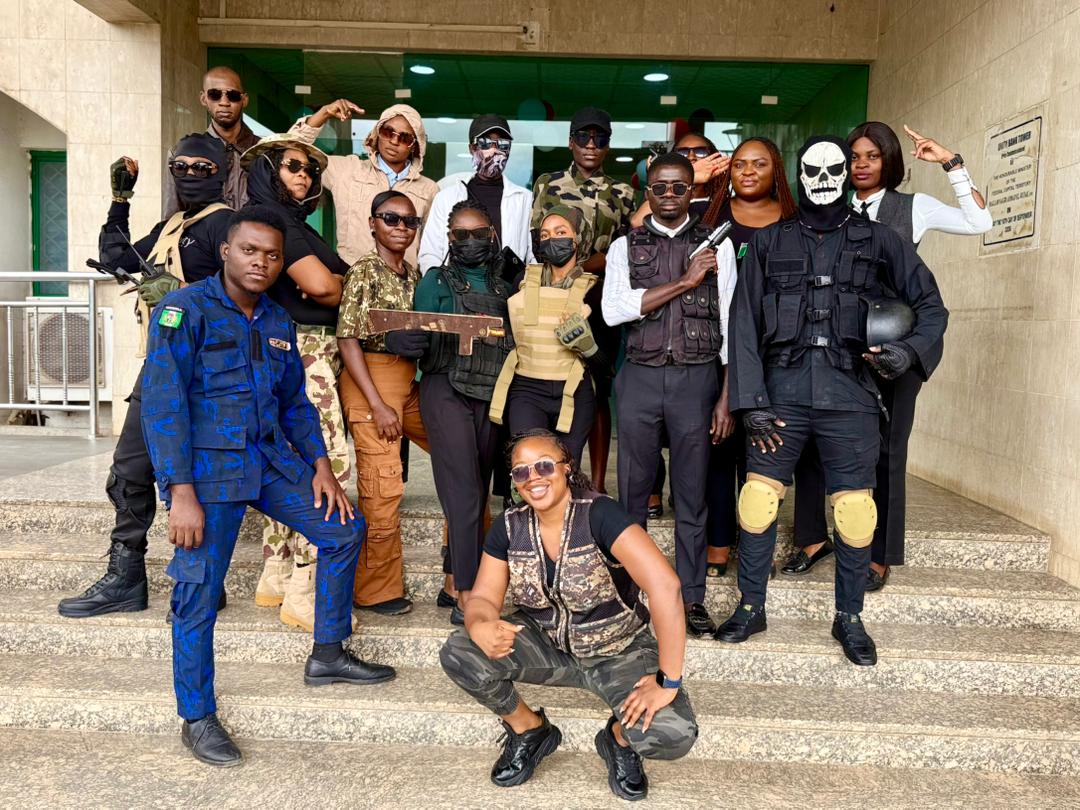
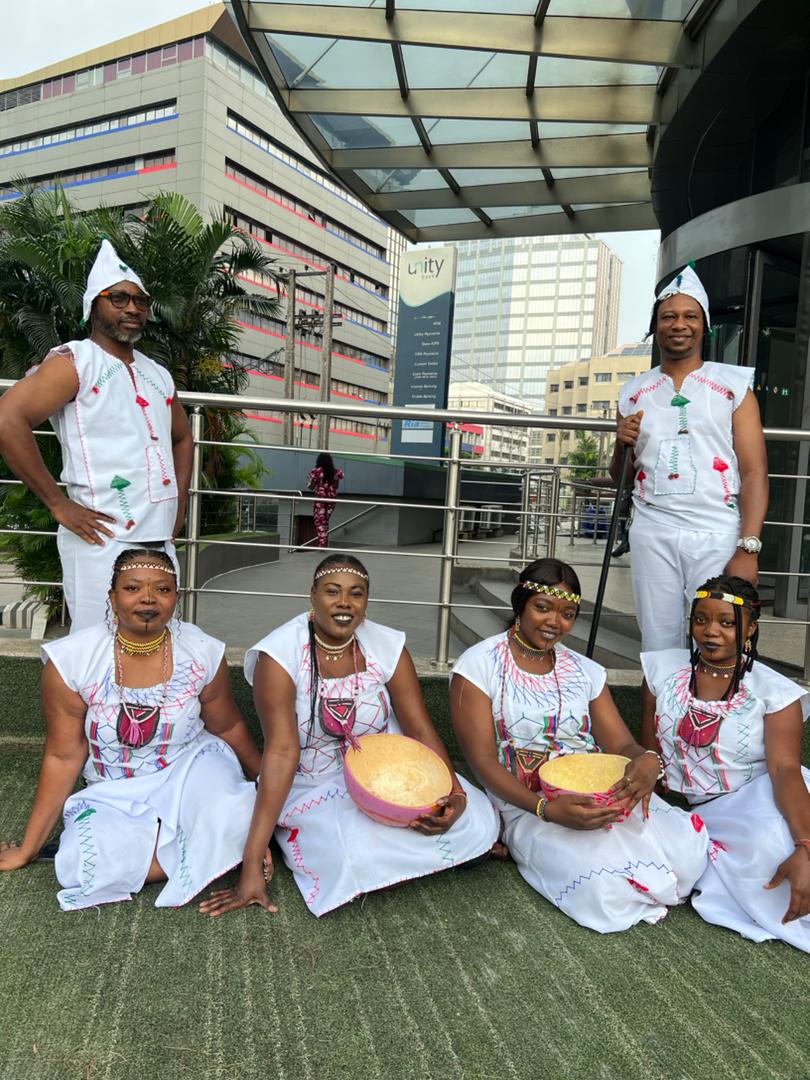





 Cornerstone Insurance Plc joined organizations across the globe this week in commemorating the annual Customer Service Week, which runs from October 7 to 11.
Cornerstone Insurance Plc joined organizations across the globe this week in commemorating the annual Customer Service Week, which runs from October 7 to 11.
This year’s celebration carried the bold theme “Mission Impossible,” highlighting the exceptional dedication and resilience of customer service teams in delivering top-tier service in challenging environments.

Throughout the week, Cornerstone Insurance rolled out a series of staff engagement activities, customer appreciation initiatives designed to reinforce the company’s commitment to customer satisfaction. The campaign celebrated frontline service personnel as unsung heroes who go above and beyond to ensure seamless client experiences.
In a statement, the management of Cornerstone Insurance Plc emphasized that the celebration serves as both recognition and motivation. “Customer Service Week gives us the opportunity to appreciate the individuals who make our service delivery possible and to reaffirm our promise to put customers first,” the company noted.
With interactive sessions, games, and awards recognizing outstanding staff performance, the insurer underlined its dedication to fostering a culture of excellence and innovation in customer engagement.
Cornerstone Insurance Plc, a leading player in Nigeria’s insurance sector, continues to distinguish itself through a combination of digital transformation and customer-centric policies—solidifying its reputation as a dependable and forward-thinking insurer.
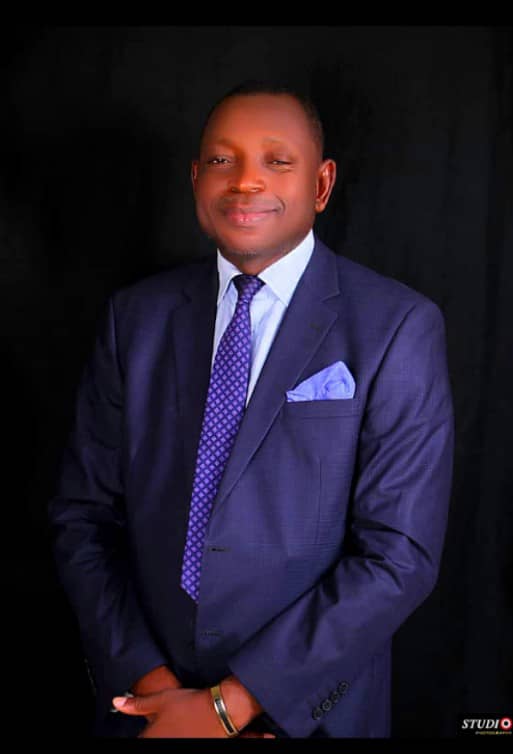
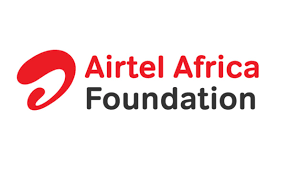 By Winifred Bosa
By Winifred Bosa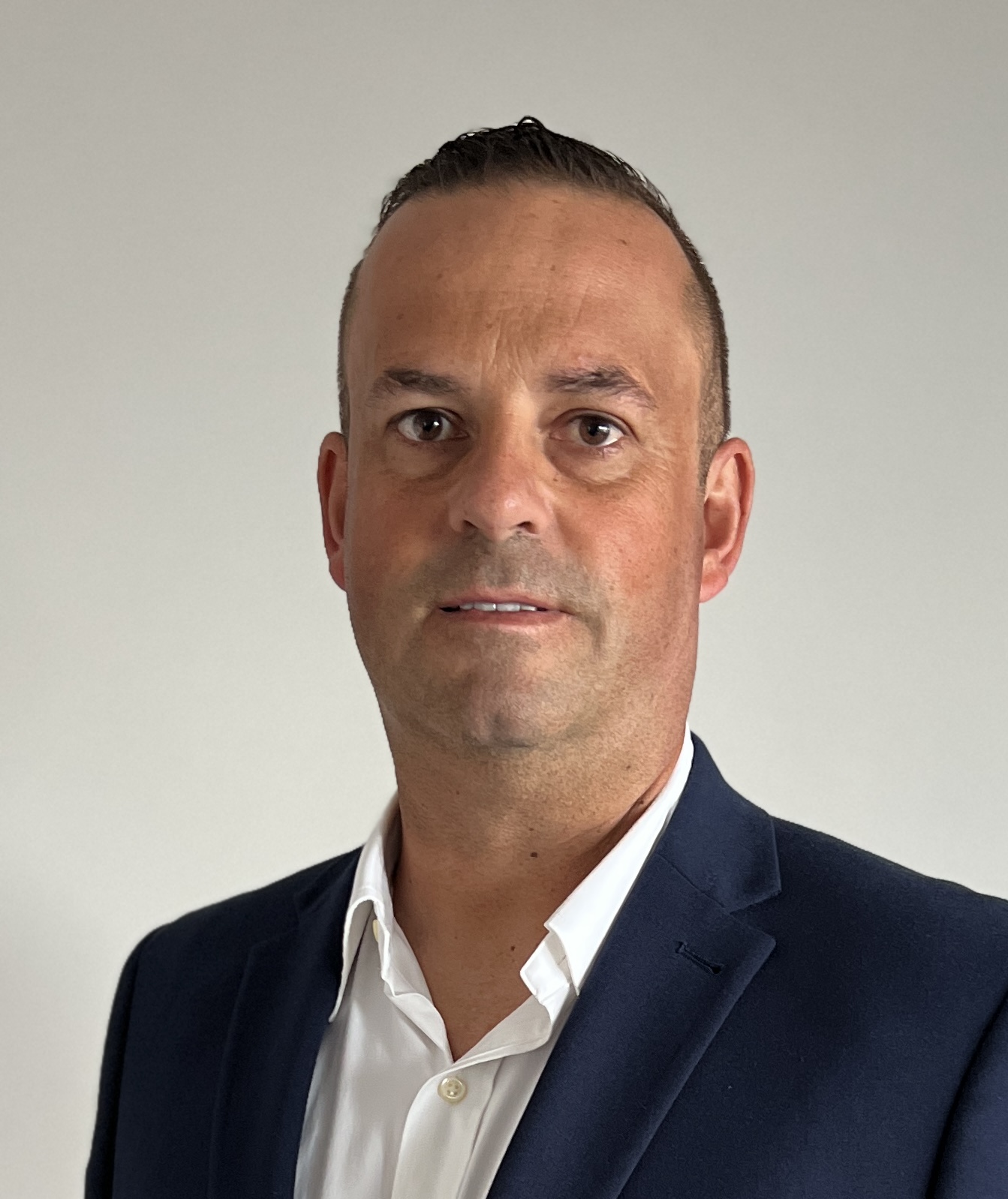 Côte d’Ivoire, Burkina Faso and Mali underscore the rise of ‘slow burn’ attacks
Côte d’Ivoire, Burkina Faso and Mali underscore the rise of ‘slow burn’ attacks
West Africa is facing a new dimension of cyberthreats. While the number of attacks often dominates headlines, a quieter but equally dangerous trend is emerging: prolonged, ‘slow burn’ distributed denial of service (DDoS) attacks that can hold critical services offline for hours.
As noted by NETSCOUT SYSTEMS, INC. with the release of its latest global threat intelligence report, Côte d’Ivoire, Burkina Faso and Mali were all subject to lengthy incidents within the first six months of 2025, effectively putting the digital infrastructure of these countries through a gruelling endurance test.
Côte d’Ivoire suffered through the longest DDoS attack within the region, at an average duration of more than 415 minutes (almost seven hours), followed by Burkina Faso at 356.49 minutes (close to six hours), and then Mali at 336.63 minutes (more than 5.5 hours).
Bryan Hamman, regional director for Africa at NETSCOUT explains: “These extended attacks demonstrate that West African countries are not just facing frequent onslaughts – they are enduring hours-long disruptions that put critical services to the test.
“This is of particular significance when looking at the types of organisations exposed to these attacks. Telecommunications was overwhelmingly the hardest hit in all three countries: of Mali’s 4,145 incidents, more than 95 percent (3,951) affected wireless telecommunications organisations. Likewise for Côte d’Ivoire where, although with far fewer strikes overall (611), wireless telcos were the top of the list, with wired carriers coming in second. Burkina Faso measured in at 168 attacks in total for the six-month period, with 85 percent (143) of these within the wired telecommunications carrier space.
“A DDoS that lasts for six or seven hours will most definitely affect service availability in a major way, impacting on user access, revenue loss and reputational damage. The fact is that cybercriminals are not just launching many small or brief attacks; in some places, they are sustaining pressure. This could indicate changes in objectives, such as disruption rather than data theft, hacktivism or even experimentation in testing resilience,” he comments.
Comparative insights across the region: Mali and Nigeria
As previously stated by Hamman, Mali not only experienced one of the longest DDoS attacks in West Africa during the first six months of 2025, but it also saw the most incidents.
When compared to historically high-volume countries, such as Nigeria, Ghana and Guinea, it’s clear that Mali has seen the fastest growth trajectory in the region – from 115 in the first half of 2024, to 1,637 in the second part of the year, skyrocketing again to a staggering 4,145 for 1H 2025 – more than double Nigeria’s total of 1,844 from January to July this year.
“This could potentially be the result of ongoing political instability within the country, and early-stage cybersecurity capacity, in combination with its growing internet penetration.”
Nigeria did, however, still experience the most complex incidents within the region. The maximum number of vectors observed in a single attack was 23, the highest on the continent, as seen in other African countries such as South Africa, Kenya and Libya.
“Interestingly, while its top industries targeted did include wireless telcos as number one, Nigeria uniquely recorded 108 incidents aimed at beauty salons, the only country in the world to have this sector noted in NETSCOUT’s global report. Commercial banking was placed in fourth spot, with household appliances, electric houseware and consumer electronic merchant wholesalers rounding out the list in eight position.”
Countries seeing declines in DDoS incidents
In contrast to Mali, Côte d’Ivoire and Burkina Faso, which experienced protracted ‘slow burn’ attacks, other West African countries saw either lower volumes or a decrease in DDoS activity in the first half of 2025.
Ghana and Liberia for example, two countries that were highly affected in 2024, saw a significant drop for the first six months of this year.
From January to July 2024, Ghana led the West African region in both the frequency and diversity of cyber threats, subjected to a total of 4,753 attacks. This dropped significantly to 917 in the second half of 2024. The country has once more seen a drastic decrease in DDoS attacks of more than 80 percent, recording just 152 incidents for 1H 2025, albeit with a complex combination of attack vectors (18 seen in one incident). The telecommunications sector was almost exclusively under fire within the country, including wired telco businesses (94), wireless carriers (24) and satellite communications organisations (7) listed as the most targeted.
Similarly, 1,515 incidents were documented for the first half of 2024 in Liberia, with a slight decline to 1,189 for the latter part of the year. This has dipped again by more than 76 percent to 280 over 1H 2025, mostly focused on computing infrastructure providers (76) and wireless telcos (74).
Cameroon recorded 449 incidents; a notable decline compared to the previous reporting period of 811. The attacks primarily targeted wireless telecommunications carriers (448 of 449 incidents), and the average duration remained relatively short at just more than 35 minutes, highlighting a very different threat profile compared with the slow-burn nations.
The Republic of the Congo experienced 101 DDoS incidents, also mostly directed at wireless telecommunications carriers (26 incidents), with an average duration of around 22 minutes.
Guinea reported 141 incidents, with wireless telcos again the top target (37 attacks). Although the average duration was slightly longer than 41 minutes, the total number of incidents represents a significant reduction from the prior period (down from 341), indicating a regional easing in both frequency and impact.
“These countries demonstrate that not all West African nations are experiencing the slow-burn phenomenon,” comments Hamman. “While volumes and durations vary, the focus remains on telecommunications infrastructure, and sustained mitigation efforts appear to be paying off in places like Cameroon, the Republic of the Congo, and Guinea.”
NETSCOUT maps the DDoS landscape through passive, active and reactive vantage points, providing unparalleled visibility into global attack trends. NETSCOUT protects two-thirds of the routed IPv4 space, securing network edges that carried global peak traffic of over 800 Tbps in 1H2025. It monitors tens of thousands of daily DDoS attacks by tracking multiple botnets and DDoS-for-hire services that leverage millions of abused or compromised devices.
NETSCOUT SYSTEMS, INC. (NASDAQ: NTCT) protects the connected world from cyberattacks and performance and availability disruptions through its unique visibility platform and solutions powered by its pioneering deep packet inspection at scale technology. NETSCOUT serves the world’s largest enterprises, service providers, and public sector organizations.
 Academy Press Plc., one of Nigeria’s foremost printing and publishing companies, is set to celebrate its 60 years of printing excellence and innovation.
Academy Press Plc., one of Nigeria’s foremost printing and publishing companies, is set to celebrate its 60 years of printing excellence and innovation.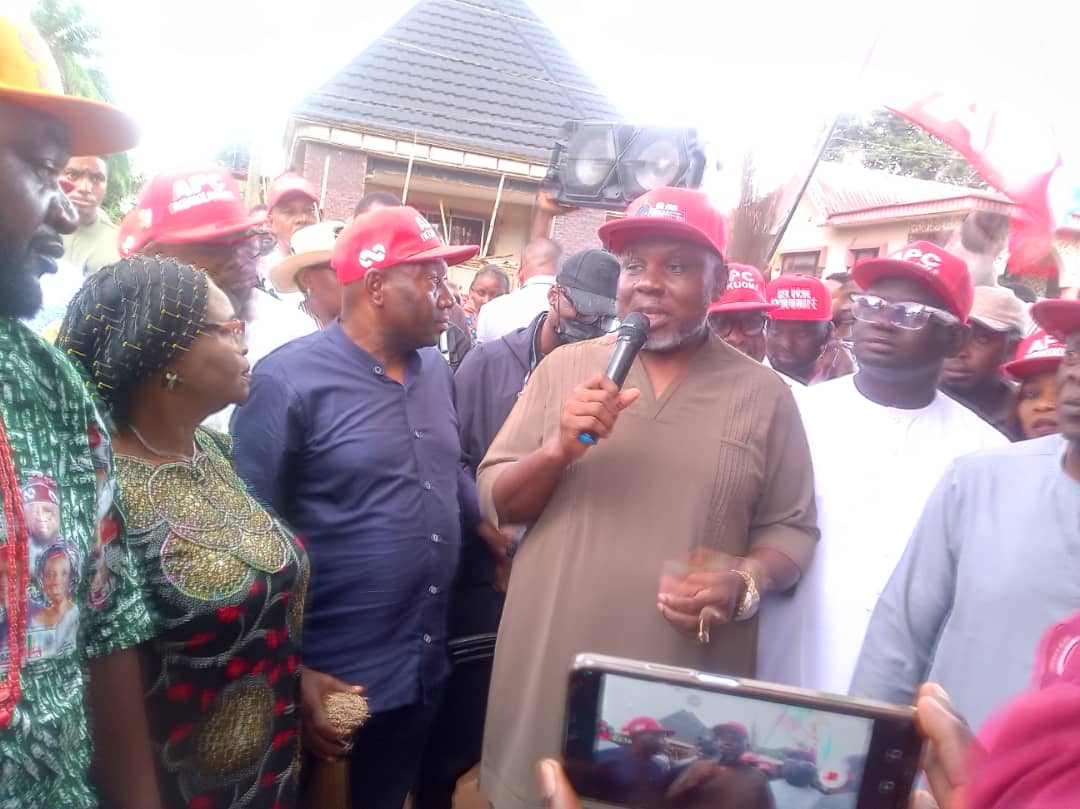

By Winifred Bosa
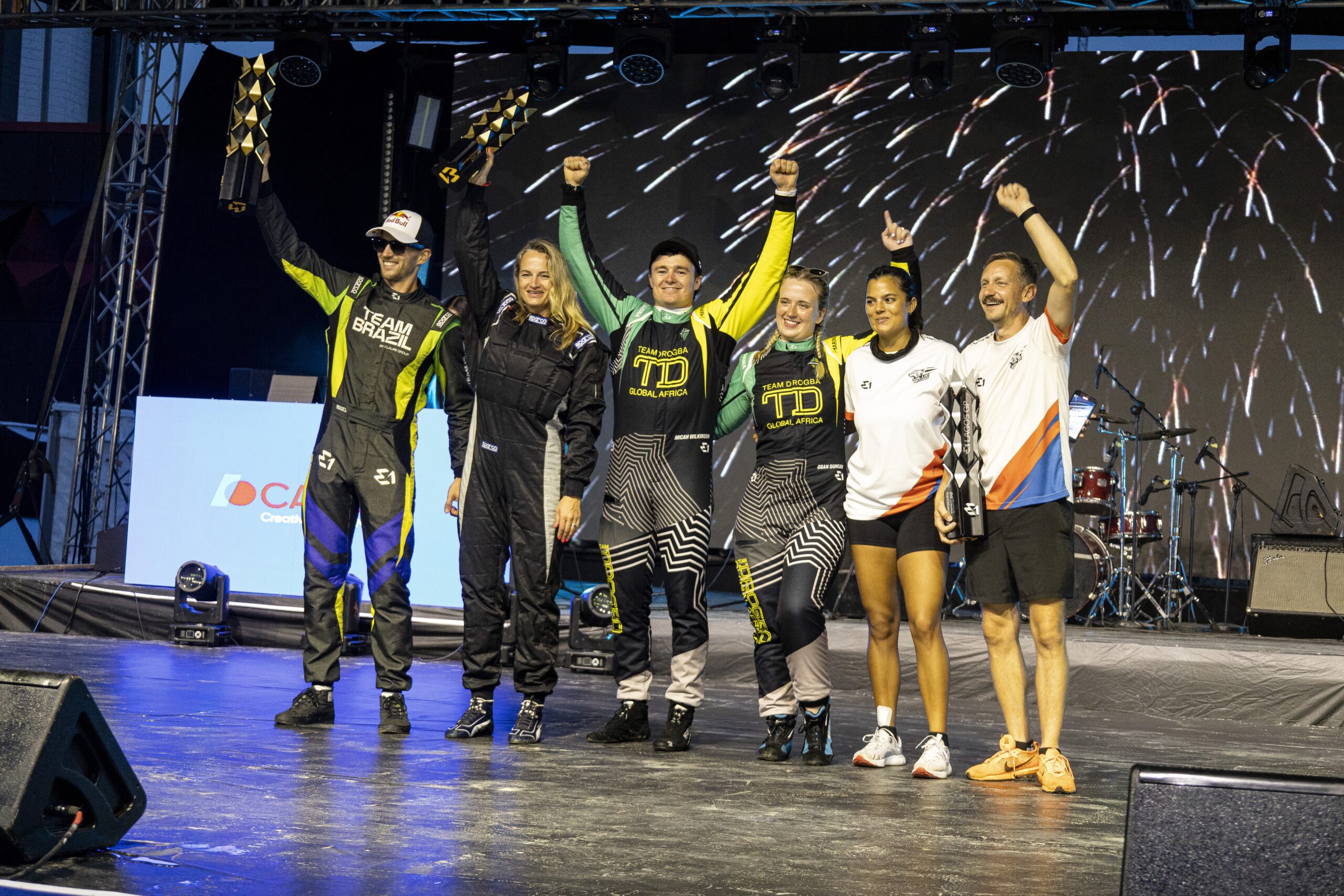
From L-R: Winners of The E1 Lagos GP Championship, Team Brazil; Timmy Hansen with Marit Stromoy, Team Drogba; Oban Duncan, Micah Wilkinson and Team Blue Rising; John Peeters and Sarah Misir, during the price presentation to the winners of the Championship at E1 Lagos GP 2025 in Victoria Island recently.
History was made on October 4 and 5, 2025, on the waters of the Lagos Lagoon as Team Brazil by Claure Group claimed victory at the E1 Lagos GP presented by FirstBank. The landmark event marked Africa’s debut on the global calendar of the E1 Series, the world’s first electric powerboat championship, and positioned Lagos at the forefront of sustainable sporting innovation.
The E1 Lagos GP drew thousands of fans to multiple viewing locations across the city, from the vibrant Official Fan Zone to the Ocean’s Club at Black Diamond Hotel and the Lagos Oriental Hotel Decks, which hosted premium hospitality experiences along the waterfront. The Official Fan Zone quickly became the heartbeat of the event, attracting young Nigerians with immersive brand activations, race simulators, live music, and a festival energy that perfectly matched the excitement on the water.
After an action-packed weekend of competition, Team Brazil by Claure Group finished first, fending off strong performances from Team Blue Rising who placed second, and Team Drogba Global Africa who finished third. Pilots Timmy Hansen and Ieva Millere-Hagin powered Team Brazil to victory, with Timmy Hansen named PIF Pilot of the Race. Racing was briefly delayed by a tropical storm over the Lagos Lagoon, but organisers and teams worked together to ensure the programme resumed safely and on schedule.
The outcome strengthens Team Brazil’s momentum as the season moves toward the Miami finale in November, while Team Brady retains the overall championship lead and a tight contest continues with Team Rafa. The Lagos event also reinforced the E1 Series’ sustainability mission, showcasing zero emission race technology and local legacy initiatives including coastal clean-up and mangrove restoration programmes.
The race weekend attracted local and international media, dignitaries and sporting figures and underlined Lagos’ capacity to host major global sporting events on its waterways. By successfully staging the first E1 race on African soil, Lagos joins Monaco, Dubrovnik and Doha as an E1 host city and affirms its positioning as a centre for innovation, culture and sustainable sport.